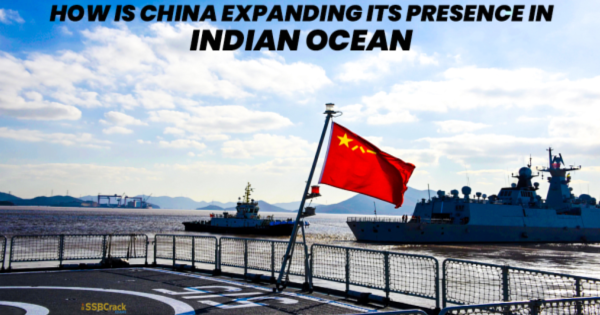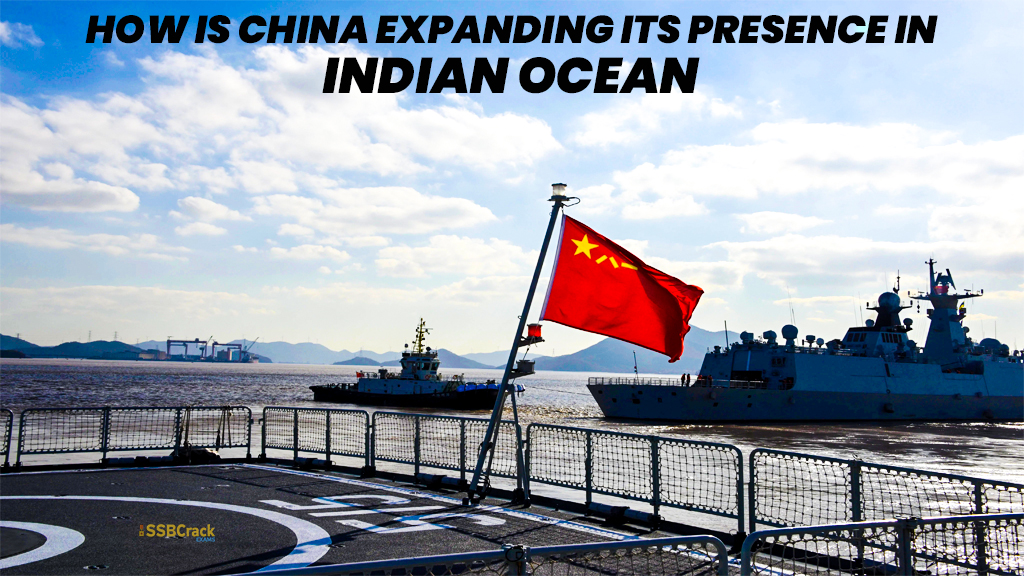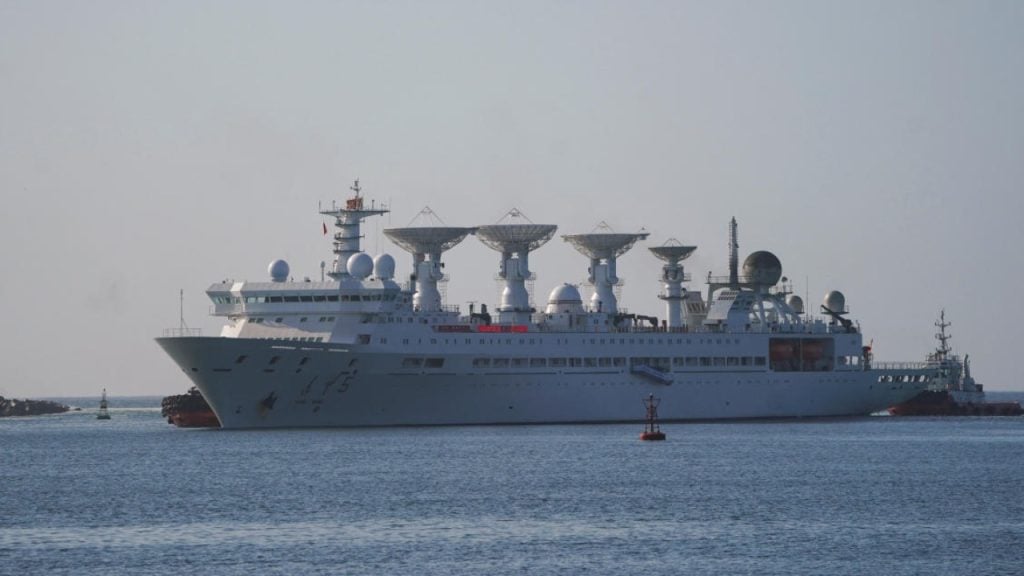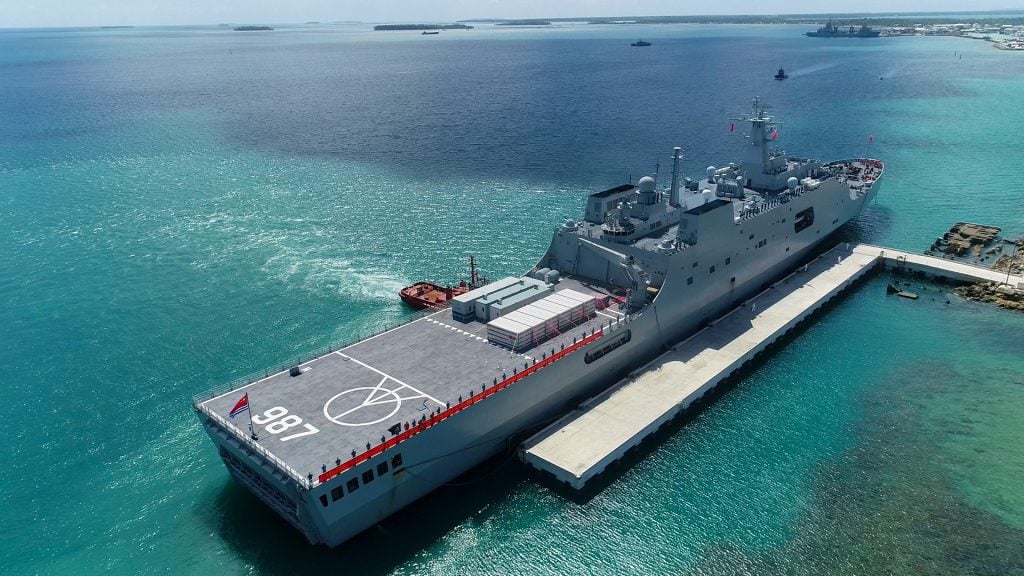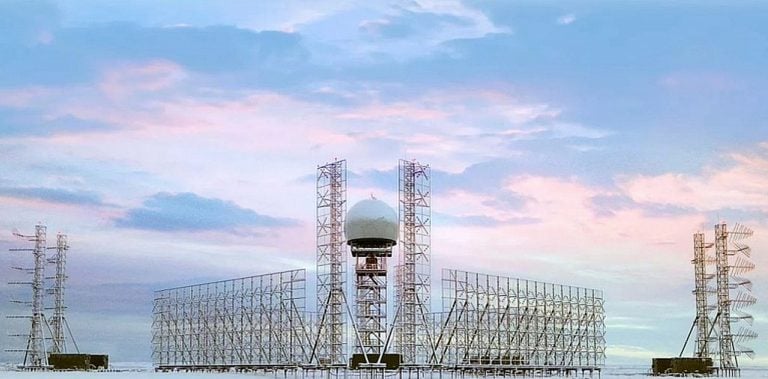Chinese research ships and strategic satellite tracking ships have been operating in the Indian Ocean region for the past ten years with the goal of developing a different sea route via Lombok, the Ombai-Wetar straits of Indonesia, and the southern Indian Ocean route to reach the eastern shores of Africa. Chinese nuclear submarines can easily enter the Indian Ocean via the Lombok and Ombai-Wetar straits without giving up their position and proceed towards Africa or patrol the Indo-Pacific, whereas submarines entering the Indian Ocean through the Malacca and Sunda Straits must surface due to depth restrictions.
Increase in Chinese Activities
Chinese research and survey vessels are still operating in the vicinity of the 90-degree ridge after releasing the Mandarin names of 19 sea-bed features in the Indian Ocean to map the ocean for potential submarine expeditions into the Indo-Pacific. After nearly four months of ocean bed mapping in the Indian Ocean, the Chinese research/survey vessel Hai Yang Shi You 760 entered the Malacca Straits on April 13. According to the marine traffic website, the ship has restocked in the Indonesian port of Balikpapan and is now off the coast of Singapore on its way to the Chinese port of Zhangjiang.
Threat from the Largest Navy on the Planet
There are concerns that Chinese carrier strike forces may begin patrolling the Indo-Pacific by 2025, if not before, given that the PLA Navy is already the largest naval force on the planet in terms of size and numbers. China is increasing its global footprint through sea power. This stands in stark contrast to Beijing’s use of the South China Sea as its own backyard and its attempts to impose identity restrictions and overtly use force to deny access and restrict global ship traffic.
China is interacting with island states off the eastern coast of Africa as part of its growing naval footprint by including them in the Belt Road Initiative and publicly giving away off-shore patrol vessels in the name of maritime security. The maritime security of the Indo-Pacific region appears bleak given that countries along Africa’s eastern seaboard—from South Africa to Djibouti—are reliant on Chinese debt, as are countries like Sri Lanka, Pakistan, Myanmar, Cambodia, and Laos. The Middle East’s Shia-Sunni states’ relationship with China makes it even worse for democratic nations like India, Australia, and Japan in terms of marine security.
The G-7 meeting in Tokyo and the QUAD summit in Sydney next month will both address China’s growing influence and its aggressive behavior in the Indo-Pacific. Faster decision-making from the democratic forces is the only way to stop the rise of the authoritarian Middle Kingdom, with President Xi Jinping the absolute ruler of the Communist Party of China (CPC). Otherwise, China has a better chance of winning.
To crack the SSB Interview and join the Indian Army as an Officer, You can join our SSB interview live classes batch and we recommend you to Enroll SSB INTERVIEW ONLINE COURSE. Trusted by thousands of defence aspirants.
Also read:
- What Is China Plus One? SSB Interview Lecturette Topic 2023
- Why India Should Not Rename Places In China-Occupied Aksai Chin?
- Should India Develop Tactical Nuclear Weapons To Counter China?
- Indian Airforce Vs Chinese Airforce [Full Comparison]
- The Indian Navy And Chinese Navy [Full Comparison]
- China Vs Taiwan Military Power Comparison 2022
- Saga Of Chinese Spy Balloon In The American Airspace
- South China Sea Dispute: SSB Interview Topic [Fully Explained]
- Significance Of New Airstrip On Lakswadeep’s Minicoy In The Face Of China
- Myanmar Constructing Secret Spy Base Near Andaman & Nicobar Islands
